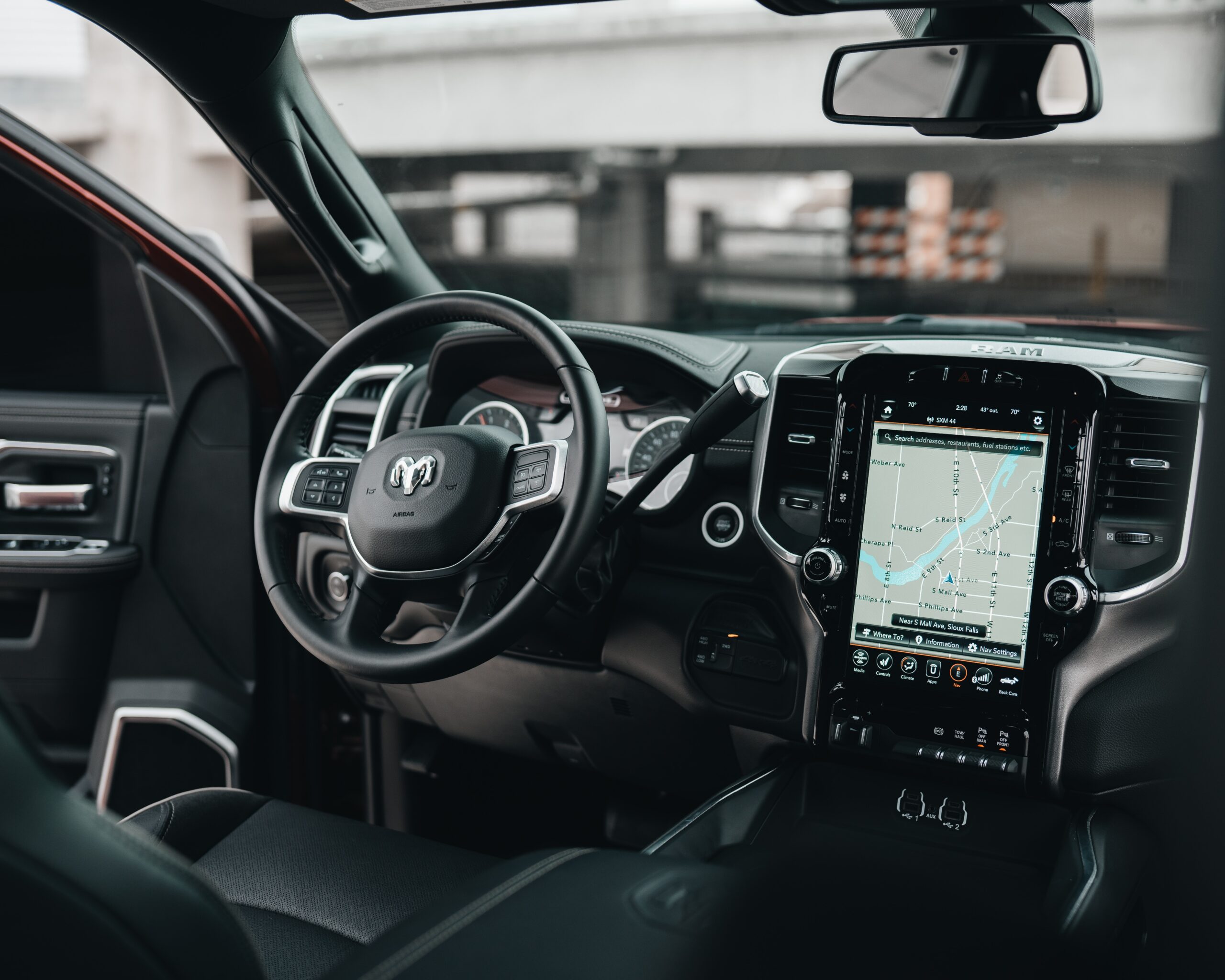Artificial intelligence (AI) is at the forefront of revolutionizing the automotive industry, particularly in the development of autonomous vehicles. Through AI-powered technologies, self-driving cars are becoming a reality, promising a future of enhanced road safety, improved transportation efficiency, and transformative mobility experiences. Let’s delve into how AI is propelling advancements in autonomous vehicles.
![]()

AI Perception Systems: Autonomous vehicles rely on AI perception systems to interpret and make sense of their surroundings. Through a combination of sensors, including cameras, lidar, radar, and ultrasonic devices, AI algorithms process and analyze vast amounts of real-time data. This enables autonomous vehicles to detect and identify objects, pedestrians, traffic signs, and road conditions, facilitating accurate decision-making and safe navigation.
Machine Learning for Decision-Making: Machine learning plays a pivotal role in autonomous vehicles’ decision-making capabilities. By training AI algorithms on massive datasets, self-driving cars can learn from real-world scenarios and optimize their responses to various road situations. Machine learning models enable autonomous vehicles to make informed decisions, such as lane changes, traffic merging, and pedestrian interactions, ensuring efficient and safe navigation.
Mapping and Localization: AI contributes to highly accurate mapping and localization systems for autonomous vehicles. AI algorithms process sensor data to create detailed maps of the environment, including lane markings, road signs, and landmarks. These maps, combined with precise localization techniques using GPS, inertial sensors, and visual odometry, enable self-driving cars to precisely position themselves on the road and navigate complex routes.
Real-Time Object Tracking: AI-powered object tracking enables autonomous vehicles to continuously monitor and track moving objects in their vicinity. Using computer vision algorithms, AI systems can predict the trajectory of vehicles, pedestrians, and cyclists, allowing the self-driving car to anticipate their movements and adjust its driving behavior accordingly. Real-time object tracking enhances safety and responsiveness in dynamic traffic situations.
Sensor Fusion: AI facilitates sensor fusion, where data from multiple sensors is combined to provide a comprehensive understanding of the vehicle’s environment. By integrating inputs from cameras, lidar, radar, and other sensors, AI algorithms can create a holistic perception of the surroundings, eliminating blind spots and enhancing the accuracy and reliability of autonomous driving systems.
Advanced Driver Assistance Systems (ADAS): AI-powered ADAS features are a stepping stone towards full autonomy. These systems, including adaptive cruise control, lane-keeping assist, and automated emergency braking, leverage AI algorithms to enhance vehicle safety and assist drivers in various scenarios. ADAS technologies continuously monitor the road, provide warnings, and assist with vehicle control, contributing to a safer driving experience.
Cybersecurity and Safety: AI is instrumental in ensuring the cybersecurity and safety of autonomous vehicles. AI algorithms analyze and detect potential cybersecurity threats, protecting autonomous systems from malicious attacks. Furthermore, AI-powered safety measures, such as redundant systems and fail-safe mechanisms, help mitigate risks and ensure the reliability and resilience of self-driving cars.
Regulatory and Ethical Considerations: AI advancements in autonomous vehicles also prompt discussions around regulatory frameworks and ethical considerations. Governments and industry stakeholders are working together to establish guidelines, standards, and legal frameworks for the safe deployment and operation of autonomous vehicles. Addressing ethical questions, such as decision-making in critical situations, is a crucial aspect of AI development in autonomous driving.
In conclusion, AI-driven advancements are propelling autonomous vehicles towards a future of enhanced mobility, safety, and efficiency. Through AI perception systems, machine learning decision-making, mapping, and localization technologies, autonomous vehicles are becoming smarter and more capable. The integration of AI in autonomous driving systems brings us closer to a transformative era of self-driving cars, revolutionizing transportation and paving the way for a safer and more sustainable future on the roads.